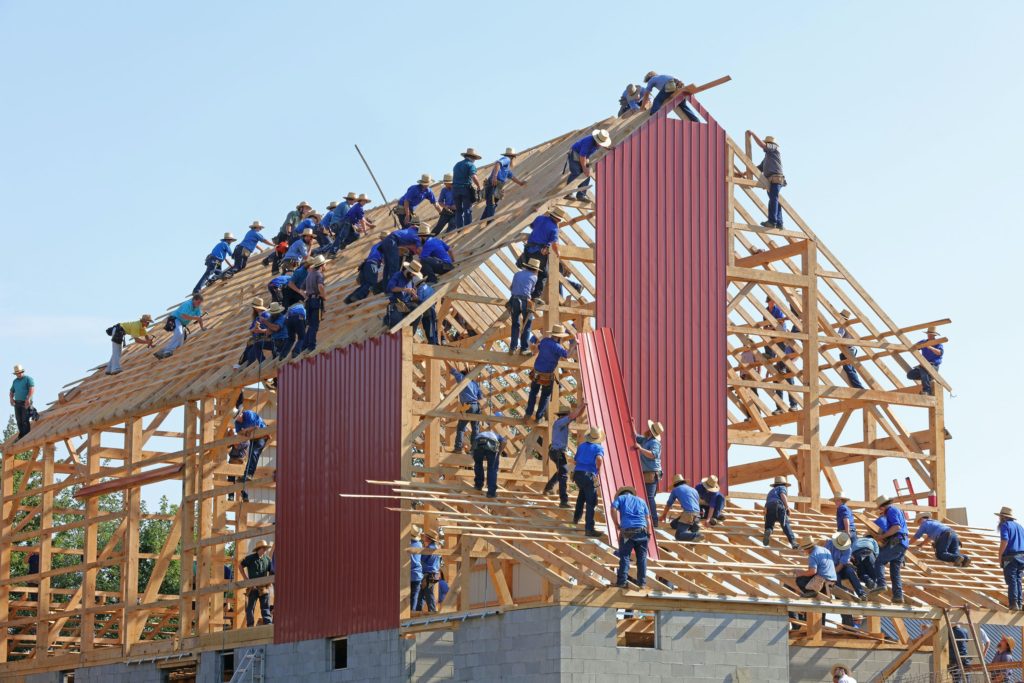With over 100,000 deaths recorded in the US during the first wave of the COVID-19 alongside 40 million US citizens filing for unemployment, many businesses, sectors, and industries are suffering as well. Low mortgage rates and historically low inventory would condition a perfect environment for buying a house, however, it appears that the housing market is on a pause as prices have experienced minor declines as well as reporting minor sales. While experts are debating the 2020 scenario in the light of the 2008 crisis, how is COVID-19 impacting the housing market?

Table of Contents
Why housing prices aren’t dropping in the pandemic
According to Vox Media; The housing market isn’t collapsing.
According to data from Zillow, total housing inventory is down about 20 percent from last year as of the week ending May 9, pending sales are still down more than 10 percent, and new for-sale listings down by about 25 percent. But house values are still up 4.3 percent year-over-year, and the typical home is worth over a quarter million dollars. The Commerce Department reported that sales of new homes rose slightly in April, and even though the National Association of Realtors reported that existing home sales plunged that month, prices increased. Some recent data suggests demand is on the rise.
“The whole picture is this has been a pretty measured response, and things are coming back,” said Ed Pinto, director of the American Enterprise Institute Housing Center.
So what gives? It seems as though buyers are starting to dip their toes back into the market. Sellers have been more reluctant, but there are still deals to be made — the thing is, because demand outweighs supply, on pricing, they’re not budging. Fast action from the federal government and Federal Reserve has helped to stabilize the housing market, too.
To be sure, housing markets are very much a local issue — what’s happening in New York is not the same as what’s happening in Texas, especially as both have been hit differently by the pandemic. And just because the market seems like it’s okay today doesn’t mean it will be tomorrow, especially with all the uncertainty surrounding the coronavirus and the economy.
“The long-term question is what happens to the unemployment rate, to GDP, how many restaurants go out of business, how many retail shops go out of business, how many malls, casinos, airlines close down,” Pinto said.
Real Estate In These Cities Is Quickly Recovering
According to Forbes data, most metros that sustained only a light Covid-19 blow predominantly dot the Midwest, where the virus has not spread as rapidly or as overwhelmingly as it has in the East.
Seattle, for instance, was the U.S. first viral hot spot in March but its real estate has since rebounded. According to a report by real estate brokerage Compass, the number of homes under contract in the Emerald City bottomed out in early April, having slipped nearly 50% from their pre-Covid levels.
As a whole, Texas has a few local housing markets that have bounced back in terms of both supply and demand. “Texas overall seems to have come back to pre-Covid levels, both on the buy side and the listing side,” says Divya Aathresh, general manager of Better Real Estate, an affiliate of technology-focused consumer loan originator Better.com. “The strongest performing cities have been Houston and Austin.”
Houston’s housing segment appears to have remained strong despite the double whammy of a health crisis and a disarrayed oil industry, which briefly experienced negative prices for the first time ever in April.
The most remarkable Covid-19 rebound tale, though, might belong to the nation’s capital. According to Compass, Washington, D.C. metro area has experienced “the most impressive” housing market revival. There, home sale contracts have climbed 150% after hitting a Covid-19 trough that stood 49% lower than pre-pandemic levels. What is even more noteworthy is that contracts in D.C. have now doubled compared to their pre-coronavirus tally.

Housing market booming, inventory running low despite COVID-19 pandemic
Realtors say to 14 News, homes are currently selling faster than the rate that homes are being placed on the market, despite the COVID-19 pandemic.
“We’re seeing days on market at a record low of an average of 59 days on market for homes sold, which is really incredible,” Gretchen Muchnick, Vice President of Marketing with F.C. Tucker Emge Realtors said.
Realtors like Muchnick tell 14 News that they are considered essential workers during the pandemic, and they have found a way to safely sell homes.
“Maybe through a Zoom meeting, maybe through FaceTime – walk them through contracts, help them understand everything and they can do all of that virtually, and then get a signature virtually,” Muchnick explained. “So it’s really been amazing.”
Is housing market is already recovering?
Listings platforms like Redfin and Zillow highlight normalizing web traffic to their sites as hints that buyers are ready to shop once again. A jump in weekly mortgage applications goes even further, suggesting shoppers are already prepared to buy.
A number of recent headlines have hinted that the housing recovery is already underway, powered by press releases from companies like Redfin (which have an incentive to keep investor sentiment positive). But cherry picking individual or even a handful of data can lead to spurious conclusions about the current state of the housing market. Housing data as a whole is decidedly mixed and practically impossible to string together into a clear narrative.
“No matter what narrative you have you can support that story with data,” says academic and real estate consultant Mike DelPrete. “You can find data to support any story you want, whether it’s everything is fine, it’s the end of the world, or something in between.”
Housing Sales and New House Listings Drop Amidst the Outbreak
According to the research conducted by Zillow, which showed that the housing sales have dropped dramatically during the period when the virus was at the peak of activity. Moreover, the number of new house listings also dropped alongside the declining web traffic activity to real estate websites. Markets such as New York and California reported drops by -70% in new house listings.
The Housing Market Most Vulnerable in Florida
Weekly mortgage rates are also dropping with the declining activity in the real estate and housing market amidst the crisis. In the meantime, ATTOM Data Solutions created a report n the local conditions of the housing market in the US. According to the report, Florida appears to be the most vulnerable area in this sector. New York is following strict declines in the market. However, the housing market remains active in Boston.
Preventing the 2008 Scenario in the US Housing Market
The federal government is also taking steps to prevent the scenario from 2008 by implementing a moratorium on foreclosures. The COVID-19 outbreak is pulling down mortgage rates in the US, which is how the housing market may be affected. Mortgage services could also experience the full effect t of the crisis, which is why the federal government t is directing mortgage services reduced payments or forbearance.


